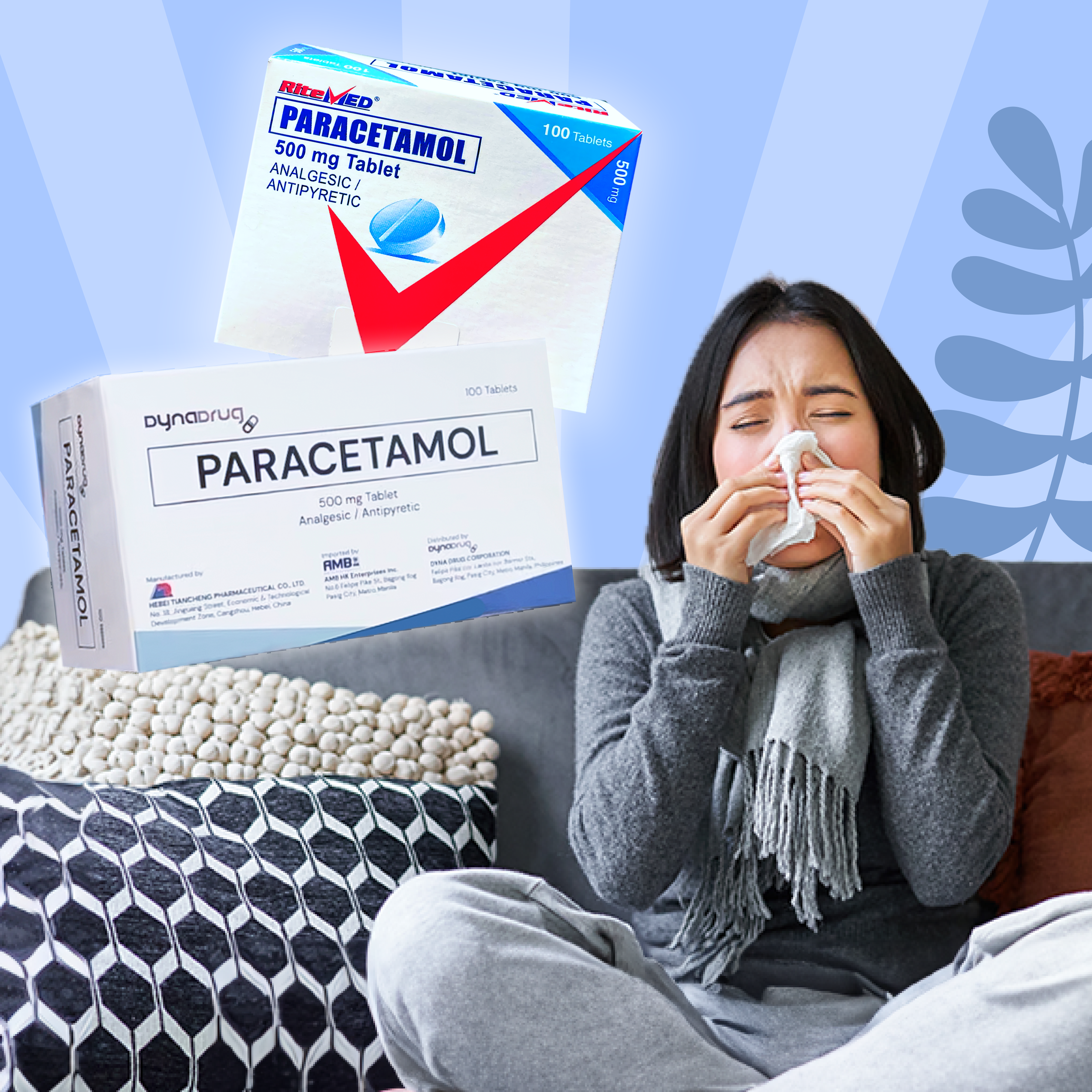
4 Tips to Help You Manage Flu and Cold
Caring Corner
Health Made Simple
Did you know that in the Philippines, nearly half of Filipino adults are dealing with high cholesterol levels? Medical experts revealed that 47.2% of the population has borderline to high total cholesterol, and 47.5% are struggling with elevated levels of bad cholesterol. This data places the Philippines among Southeast Asia's leaders in elevated bad cholesterol, highlighting the urgent need for proactive management and awareness.
Cholesterol is a crucial substance in your body, but when levels are too high, it can lead to serious health issues such as heart disease and stroke. Learning how to manage your cholesterol levels through diet, exercise, and lifestyle changes can significantly reduce your risk of the said health issues.
Cholesterol is a type of fat found in your blood. It helps build cells and make important things like vitamins and hormones; your body needs cholesterol to build cells and produce certain hormones. However, too much cholesterol can lead to fatty deposits in your blood vessels, increasing the risk of heart disease. Generally speaking, there are two types of cholesterol:
LDL (Low-Density Lipoprotein): This is often referred to as "bad" cholesterol because it can accumulate in your arteries, causing them to narrow and harden.
HDL (High-Density Lipoprotein): Known as "good" cholesterol, HDL helps remove LDL from your arteries and transports it to your liver for elimination.
High cholesterol typically doesn’t present obvious symptoms until it has led to significant health issues like a heart attack or stroke. That’s why it’s important to regularly check your cholesterol levels and take preventive steps through lifestyle changes before these conditions develop. Here are some of the high cholesterol signs you should be wary of:
Chest pain
Numbness or pain in the limbs
Sudden and/or intense headaches
Controlling high cholesterol involves more than just taking medication. Even with medication, it's important to focus on naturally lowering cholesterol through daily habits and lifestyle changes. This means adopting healthy practices related to diet and lifestyle. Here are several effective ways to lower your cholesterol levels:
Making smart food choices is one of the most effective ways to lower cholesterol. Here’s what you can do:
Increase fiber intake: Foods like oats, beans, and fruits such as apples and avocados are rich in soluble fiber, which helps reduce LDL cholesterol.
Opt for healthy fats: Incorporate unsaturated fats from sources like olive oil, fatty fish, and nuts into your diet, but remember to eat in moderation. Avoid saturated fats from processed meats and fast foods.
Avoid trans fats: Trans fats, commonly found in margarine, baked goods, and fried foods, are the worst for cholesterol and should be avoided completely.
Regular physical activity is a powerful tool for raising HDL (good cholesterol) and lowering LDL (bad cholesterol). In addition, exercise plays a crucial role in improving overall health by strengthening the heart, improving circulation, and helping the body manage weight.
You can engage in simple activities like walking, jogging, or cycling for at least 30 minutes a day. Consistency is key, and even light exercises can make a difference. In addition to cardio, incorporate strength training to further improve metabolism and help lower cholesterol levels.
Smoking and excessive alcohol consumption can both raise LDL cholesterol and lower HDL cholesterol. Reducing or eliminating these habits is crucial to maintaining healthy cholesterol levels.
If you drink alcohol, do so in moderation—one drink per day for women and two for men. In addition, quitting smoking has immediate benefits. Not only does it help lower cholesterol, but it also reduces your risk of heart disease and stroke.
Chronic stress can contribute to higher cholesterol levels. Managing stress effectively is essential for overall health. Here are things you can do that can help with managing stress:
Mindfulness and Meditation: Practicing relaxation techniques such as deep breathing and meditation can help lower stress levels and, in turn, cholesterol levels.
Get enough sleep: Sleep is an essential part of managing stress and keeping your body healthy. Make sure you get enough rest each night to help maintain normal cholesterol levels.
If lifestyle changes alone do not bring your cholesterol down to a healthy level, your doctor may prescribe cholesterol-lowering medications. However, these medications should only be used when necessary and not as the primary solution.
In addition, regular check-ups with your doctor are important for monitoring cholesterol levels. Blood tests, such as a lipid profile, will give you a clear idea of whether you need to make adjustments to your diet, exercise routine, or medication.
In a nutshell, managing high cholesterol involves more than just taking medication—it requires a commitment to healthier living. By choosing nutritious foods, exercising regularly, and avoiding harmful habits, you can lower your cholesterol and protect your heart.
The answer to the question, ‘Paano pababain ang cholesterol level?’ lies in adopting simple lifestyle changes and maintaining discipline to keep your body healthy. Regular testing and following these tips will lead you toward a longer, healthier life free from the complications of high cholesterol. — (MyPharma)
https://www.makatimed.net.ph/blogs/8-mythbusting-facts-about-cholesterol-that-everyone-should-know/
https://www.healthline.com/health/high-cholesterol-symptoms#symptoms
Stay Connected
Get the latest promos and discounts from your personal online pharmacy.
Skip long lines & traffic


